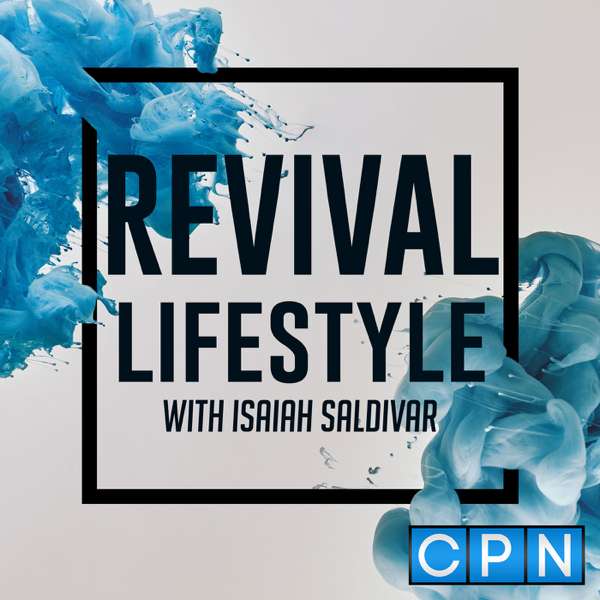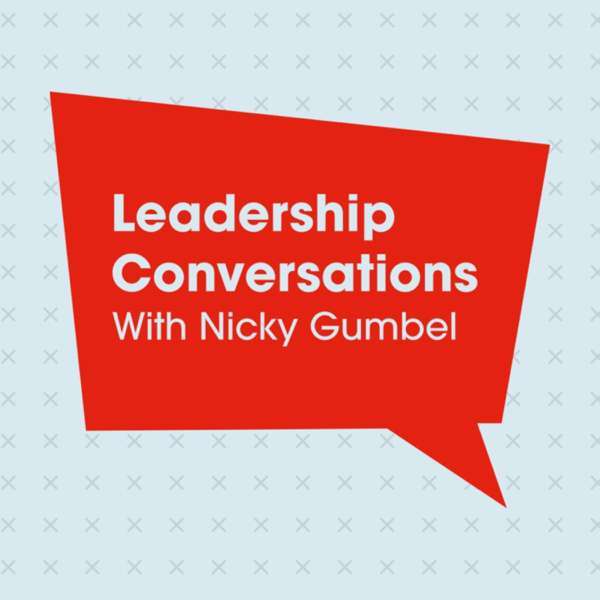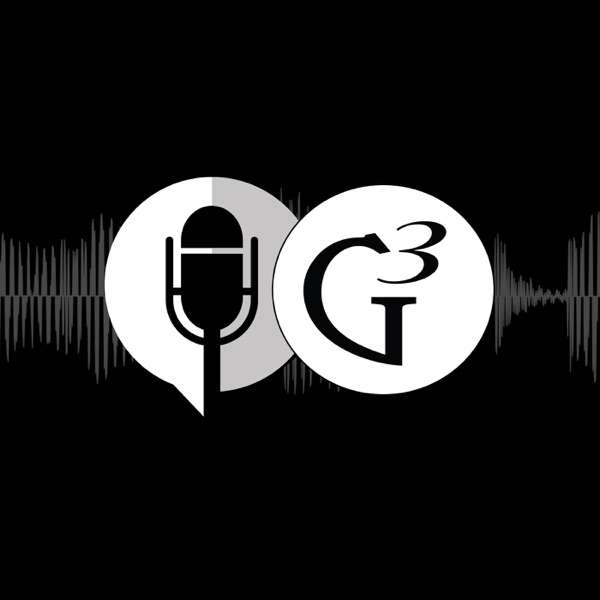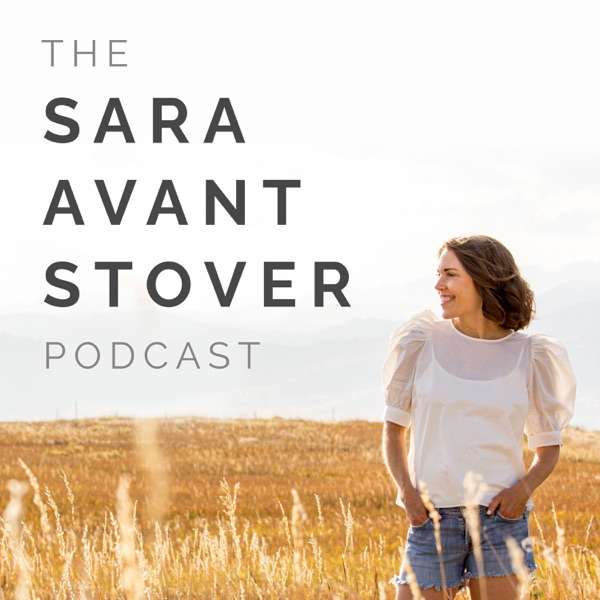Today our episode centers on a talk given at Esalen in 1985 by Dr. Andrew Weil. Dr. Weil is a prominent figure and a trailblazer in the field of integrative medicine, which combines conventional medical practices with alternative and complementary therapies such as herbal medicine, acupuncture, and mind-body techniques. (All of this of course used to be rather fringe; Esalen in the 1980’s, was a bit fringe, too. Nowadays, things like acupuncture and herbal medicine raise nary an eyebrow, and Esalen, to be honest, is pretty darn mainstream too.)
On this date in 1985, Dr. Weil speaks about various drugs and psychedelics, as well as the cultural attitudes attached to them. Weil to this point had had a curious relationship to psychedelics: in the early 1960s, while a student at Harvard, he observed the infamous Harvard Psilocybin experiments conducted by Timothy Leary and Richard Alpert, and then reported on them in the Harvard Crimson, ultimately leading to the academic downfall and subsequent dismissal of Leary and Alpert. Later in his life, Weil would reconnect with Alpert, who had by then assumed the moniker of Ram Das, and he would finally taste the forbidden fruit, and henceforth become an advocate of psychedelics.
Weil speaks a great deal during this talk about the drug MDMA, otherwise known as Ecstasy, which on June 1st of that very year was made illegal and classified as a Schedule 1 substance. MDMA had been widely used as a therapy drug for nearly 15 years since its rediscovery in the 1970s by chemist Sasha Shulgin, but in the early 1980s, it also became quite popular in dance subcultures, particularly in the gay community, and most notably in Dallas, Texas. Of course, in the mid 1980’s, Ronald Reagan’s war on drugs was raging, and it provided the perfect storm for MDMA to be made unlawful. So given this context, it’s both interesting and informative to hear Weil, the former psychedelic whistleblower turned hippie physician, speak at length and quite intelligently about MDMA. He also addresses a host of other topics, including whether or not marijuana causes brain damage, peyote, how DEA scheduling works, the so-called new physics , how belief interacts with the physical mechanisms of the body, hypnotherapy, fire-walking, coffee, chocolate, and more. It's a fun episode.
By the way . . . Esalen Institute is a non-profit organization dedicated to advancing human potential and promoting positive social change. Your support helps us continue to offer transformative programs and retreats that promote personal growth and collective wellbeing. To learn more about Esalen and how you can support our mission, visit our website at esalen.org.

 Our TOPPODCAST Picks
Our TOPPODCAST Picks  Stay Connected
Stay Connected







